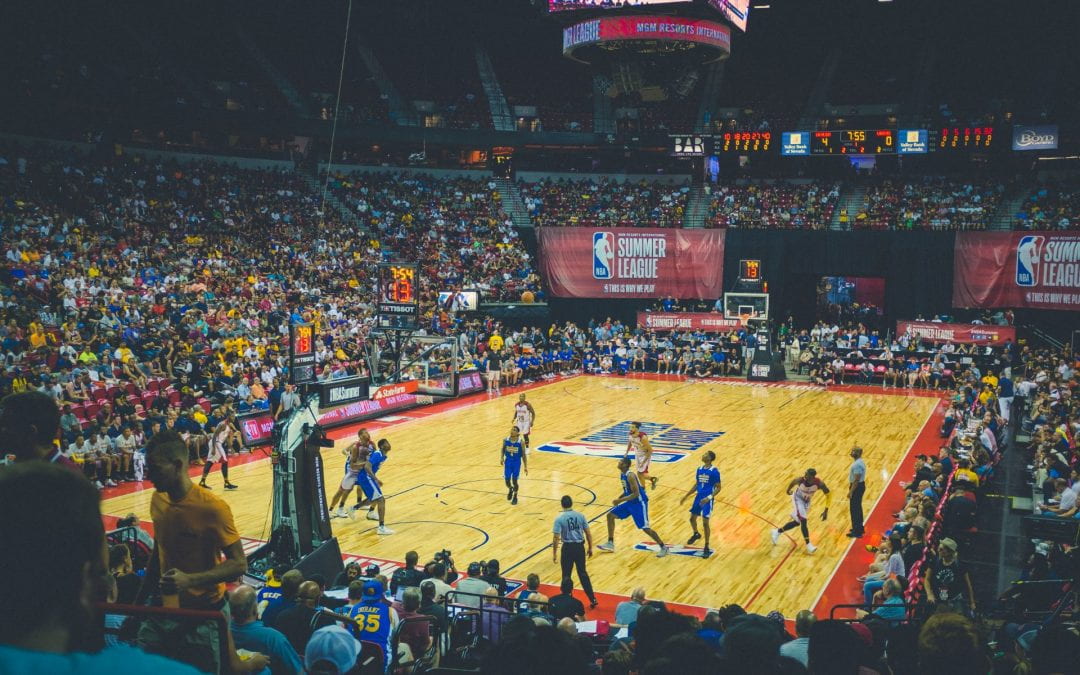By Ogonna Nweke
Despite criticism, sports players have used their role and the unique platform of sports to highlight and drive change, from the Springbok tour of New Zealand to the kneeling that Colin Kaepernick did in 2016.
‘Shut up and dribble,’[1] said Laura Ingraham towards Lebron James, encapsulating the idea that sports a politically neutral arena where players should just perform as athletes. Despite criticism, sports players have used their role and the unique platform of sports to highlight and drive change, from the Springbok tour of New Zealand to the kneeling that Colin Kaepernick did in 2016.
Unique role
Sports play a unique role in social movements like Black Lives Matter because of the way that race manifests on the field. Sports fields and careers have traditionally been an avenue for not only Black and other ethnic minority participation but also economic empowerment with 80% of National Basketball Association players being people of colour (POC) and over 70% per cent of National Football League players being POC[2]. This has translated to economic and social power for Black players, compared with people in many other sectors of society. Black athletes in particular have used their celebrity status as a mechanism to engage the broader public around questions of racial justice[3].
For example, NBA players had a strike in memoriam of the death of Jacob Blake. Here, basketball players, used their power to draw attention to the issues of criminal justice, and this strike successfully delivered concessions from the NBA, such as the formation of a league-wide social justice coalition and the use of several basketball arenas as voting locations.[4]
Unique arena
Viewing sports as purely physical competition obscures the deeper context within which sports operate. The sports arena operates as an important symbolic space in which ideas and concepts such as the struggles of Black peoples for freedom and liberty, cultural recognition and civic rights are operational.[5] Within the context of Black Lives Matter, sporting activities provide a unique arena through which to display and mediate racial ideas.
As a unique cultural phenomenon, sports raises national consciousness and galvanises public attention, giving a unique environment to Black Lives Matter through which to advocate and highlight important issues. For example, in 2016 of NFL quarterback Colin Kaepernick, who famously knelt instead of pledging allegiance during the national anthem, gave rise to a national conversation, simultaneously creating intense criticism and highlighting of racial injustice. The use of the stadium and the media, Kaepernick used this unique opportunity to magnify his protest.
Sports activism has also led to meaningful financial support to racial justice. For example, the Boston Celtics basketball team committed $25 million to these efforts. The NFL has also changed. The league that first dismissed and downplayed Kaepernick has now begun the Inspire Change foundation and pledged $250 million over 10 years for social justice causes.[6]
The sports arena was also a public space for political activism in New Zealand back in 1981. That year, more than 150,000 New Zealanders protested South Africa’s apartheid. Between 22 July and 12 September, 1981, New Zealanders demonstrated against South Africa’s Springbok tour, which was slated as a match between an all-white South African rugby team and New Zealand’s All Blacks. These protests were among the largest civil disobedience campaigns in New Zealand history.[7] The action was seen as an important sporting boycott tool for apartheid opponents to pressure South Africa[8] and to simultaneously show that rugby was an arena in which anti-racist activism can be conveyed.
References:
[1] https://www.npr.org/sections/thetwo-way/2018/02/19/587097707/laura-ingraham-told-lebron-james-to-shutup-and-dribble-he-went-to-the-hoop
[2] https://globalsportmatters.com/culture/2018/12/12/in-an-ethnic-breakdown-of-sports-nba-takes-lead-for-most-diverse/
[3] Sporting dissent: Colin Kaepernick, NFL activism, and media framing contests, Jules Boykoff, Ben Carrington
[4] https://www.vox.com/first-person/2020/9/4/21420033/jacob-blake-nba-strike-2020-black-lives-matter
[5] Sporting dissent: Colin Kaepernick, NFL activism, and media framing contests, Jules Boykoff, Ben Carrington
[6] https://knowledge.wharton.upenn.edu/article/shropshire-athlete-activism/
[7] A long shadow: The 1981 Springbok tour of New Zealand, Potgieter, Sebastian, Sporting Traditions, May 2019, Vol.36(1) at 24
[8] https://www.stuff.co.nz/national/politics/73034430/81-springbok-protests-galvanises-a-nation-divided—150-years-of-news
Ogonna Nweke is a law and politics student at the University of Auckland.
Disclaimer: The ideas expressed in this article reflect the author’s views and not necessarily the views of The Big Q.
You might also like:
Does the Black Lives Matter movement reflect experiences in Aotearoa New Zealand?

